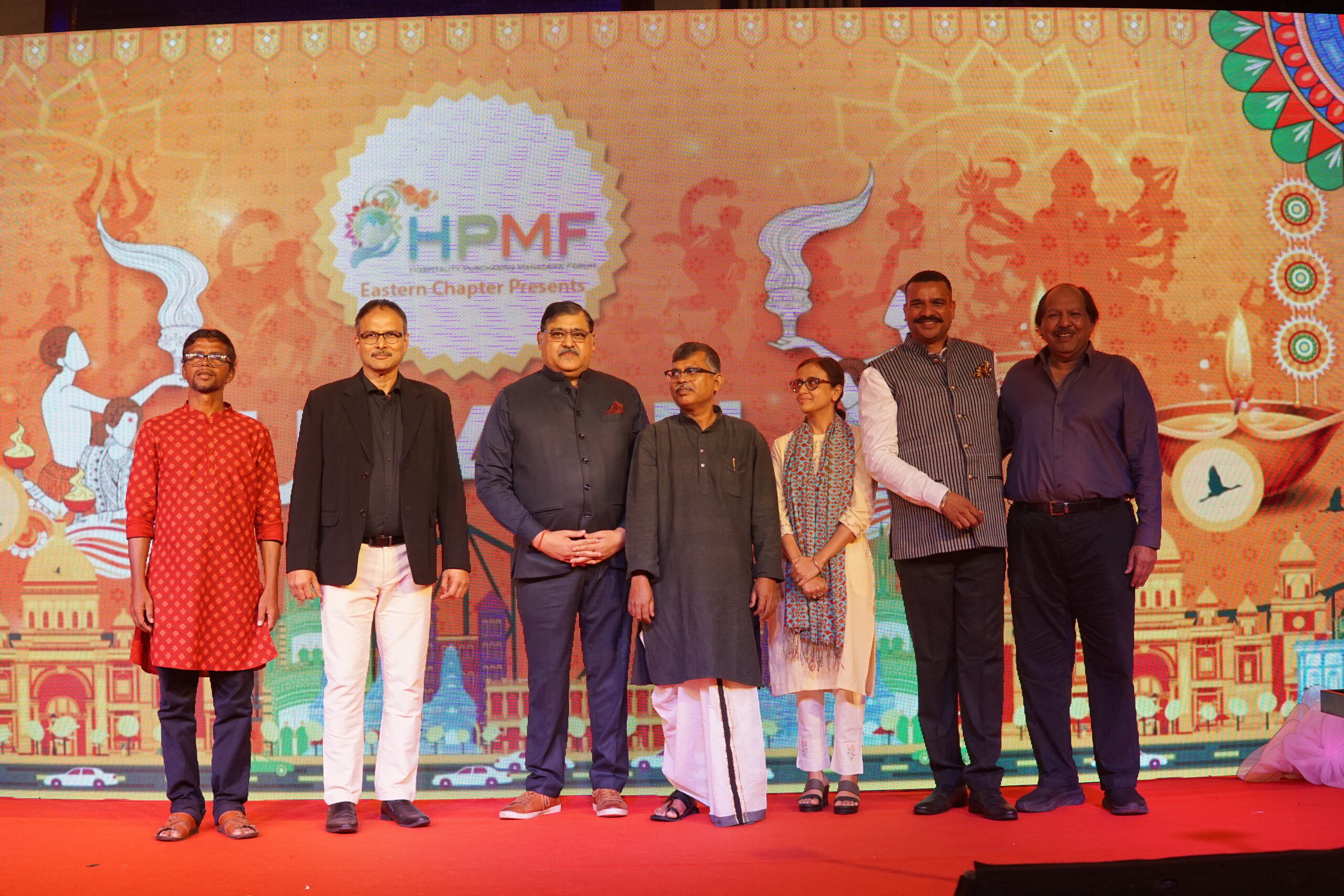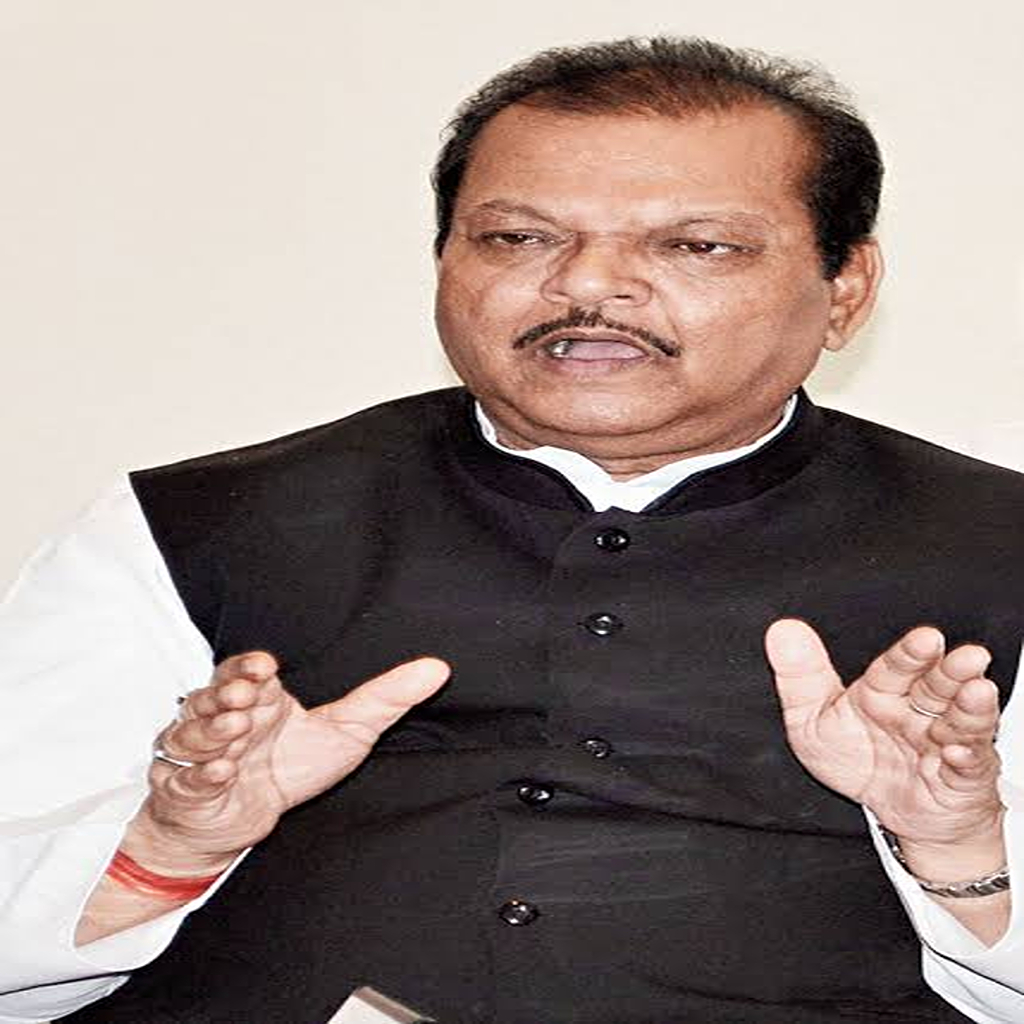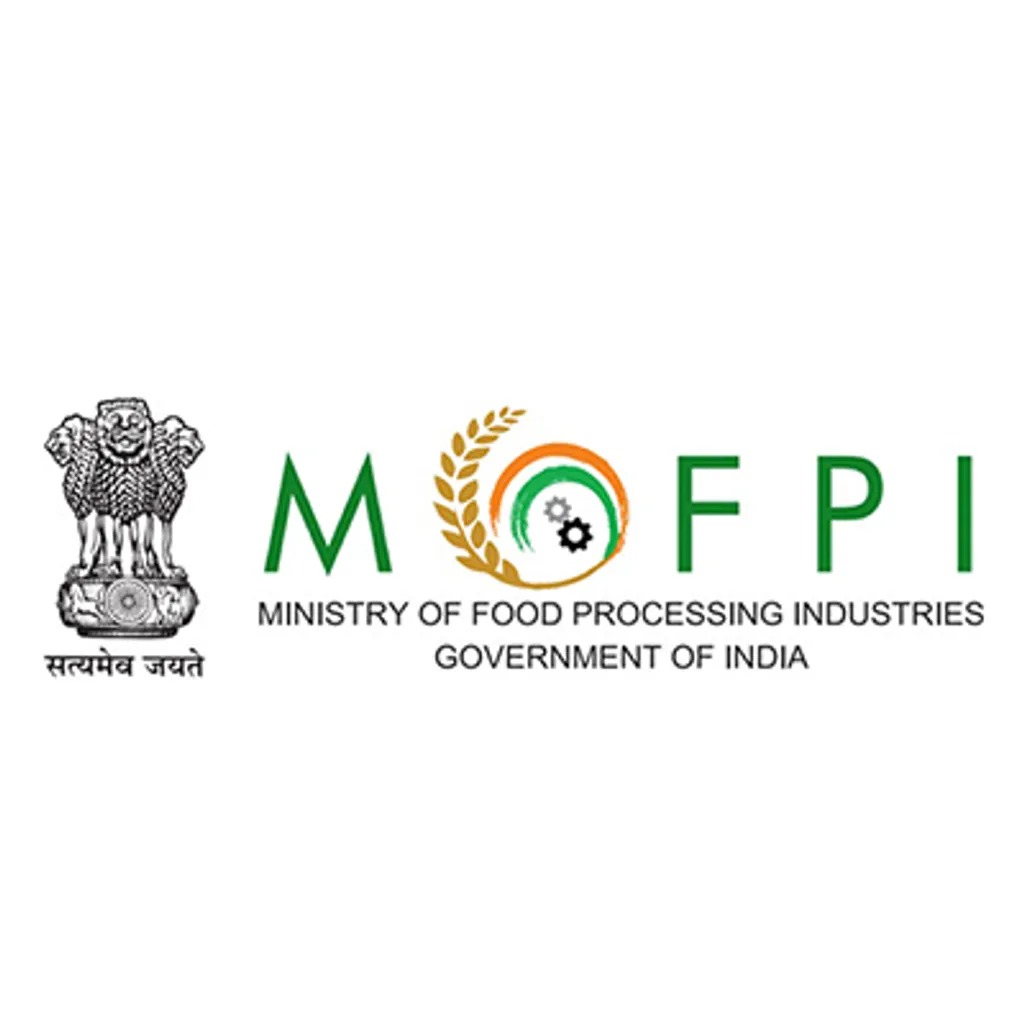
Image for used for representational purpose
The food services market in India, which encompasses dining out and ordering in, is currently valued at INR 550K Crore. The market is poised to grow at 10%–12% annually over the next seven years, reaching INR 900–1000K crore by 2030. This growth trajectory will be driven by robust fundamentals including an expanding customer base, growing consumption occasions, and a rise in supply. Additionally, online food delivery is expected to grow faster at ~18% CAGR, contributing 20% to the overall food services market by 2030.
These are among the findings from the latest study, ‘How India Eats’ released today by Bain & Company and Swiggy. The report aims to decode the underlying, complex demand characteristics of the food services market in India and trends that will shape this demand going forward.
According to Rohit Kapoor, CEO, Food Marketplace, Swiggy,“The Indian food services market, especially food delivery, has witnessed buoyant growth over the last few years. Higher incomes, digitization, improved customer experience, and an inclination to try new experiences have all contributed to this growth. We are very upbeat about the growth in the coming years. For instance, China has four times the number of restaurants per million urban population, as compared to India. This study highlights this headroom and suggests that the Indian food service market catering to middle- and higher-income segments will expand from INR 400-500 K crore at present, to about INR 1000 K crore by 2030.”
“The Indian food services market stands at the cusp of transformation. The sector’s dynamic nature, characterized by shifting consumer behaviours, digitization, and regional diversity, offers immense growth potential. As we look toward the next decade, with an estimated growth rate of 10%–12% annually, exciting opportunities loom on both the demand and supply fronts. By 2030, the market is poised to serve an additional 110 million customers, gradually shifting eating out from a special event into a convenient lifestyle.”, said Navneet Chahal, Partner and co-author of the report.
The food services market has undergone substantive evolution over the last decade, with the rise of restaurant chains and the foray of online food delivery, reflecting significant shifts in consumer behavior and industry dynamics.
Hyperlocal consumption patterns
According to the study, approximately 70% of food services consumption as of 2023 is concentrated in the top 50 cities and among upper-middle and high-income segments, which are expected to remain demand hotspots in the medium term. However, incremental growth is expected to come from other tier 2 and beyond cities as well.
Notably, Gen-Z and younger cohorts comprise 40% of consumption but have a higher propensity to eat out, a trend expected to grow further as their purchasing power increases. Another interesting trend is that each customer, on average, orders more than three cuisines from over six restaurants on an online platform in a year, suggesting that Indian consumers seek variety in their dining experiences across different occasions.
Market projections and the 2030 growth story
The Indian food services market is poised for continued growth, driven by an expanding customer base and significant shifts in dining habits. The addressable customer base for the Indian food services market is expected to expand by 110 million, growing from the current 320–340 million to approximately 430–450 million by 2030. This surge will be supported by macroeconomic tailwinds including rapid urbanization and a rise in affluence.
Eating out is a special event for Indian consumers with an average of 5 times per month, which is expected to increase to 7–8 times by 2030. This gradual shift will point to a transition in the way eating out will be perceived, moving from special occasions to a matter of convenience, with new occasions (e.g., mid-mealdayparts) and greater access (expansion of organized supply, food delivery growth). A trend that mirrors developed markets like the US and China, where eating out is convenience-led and the monthly eating out frequency is 25–30, thus indicating massive headroom to drive new occasions in India.
Online food delivery on the rise
Online food delivery has steadily increased, with penetration rising from 8% to 12% between 2019 and 2023, representing a 2.8 times growth in online food delivery compared to overall food services. This rise was accelerated by the Covid pandemic. Nevertheless, there remains significant growth potential when compared to markets like the US and China, which have double the penetration rates of India.
The shift to online food delivery has also unlocked new growth avenues while permanently altering consumption preferences, including – an uptick in new dining occasions, evolving customer criteria for selecting restaurants, and the increase in competition. Driven by the higher adoption of digitization in customer journeys and greater accessibility, online food delivery is estimated to grow at approximately 18% year-on-year, reaching INR 212K crore over the next seven years. Its market penetration is expected to increase from the current 12% to around 20% by 2030.
Furthermore, the study indicates faster growth in convenience-led formats—QSRs and cloud kitchens with propositions such as quick service, simplified menu, value for money, etc. are expected to grow 40% faster than the overall market from 2023 to 2030.
Key trends that will impact ‘eating out’ in India
The landscape of ‘eating out’ in India is undergoing significant transformation, driven by key trends such as ‘Self-love’, ‘Experience Upgrade’, ‘Digitization’, and ‘Glocalization’ that are poised to reshape the industry dynamics profoundly.







